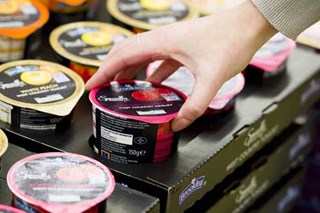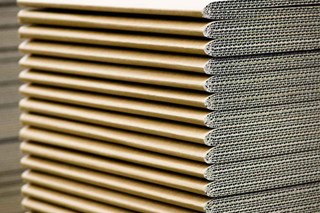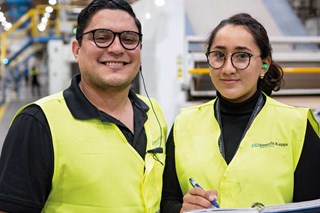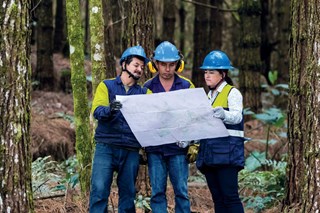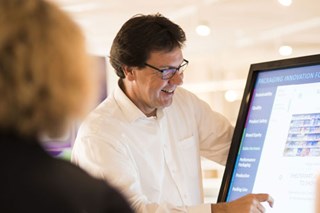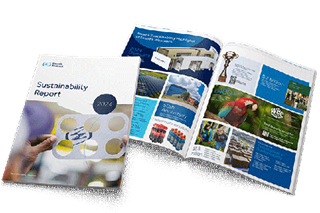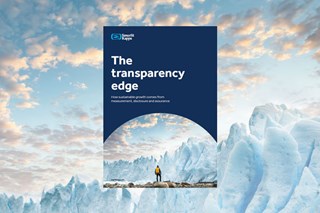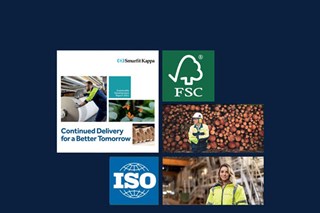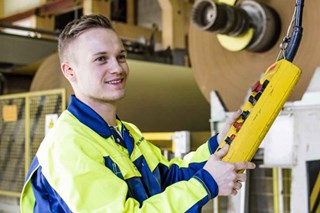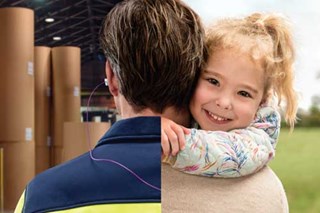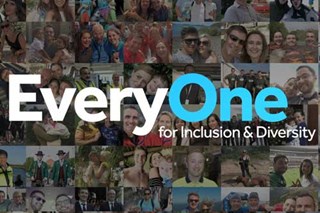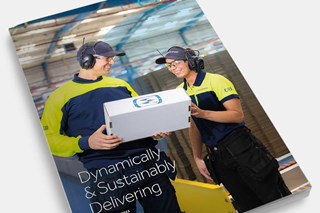Case Study: Team Work for Improved Due Diligence

Team Work for Improved Due Diligence
“How can we consistently ensure sustainable sourcing of wood fibre across a global organisation with over 350 sites?” asks Emilio Ledesma, “We wanted to create a global system that covers both certified CoC and regulatory requirements.”
The answer is the Wood Fibre Risk Assessment platform: a Microsoft SharePoint-based tool to be used globally by all CoC managers and local purchasers. It is the product of an international team from all relevant Smurfit Kappa sites. For instance, Matteo Ferrari (Italian, working in the Netherlands) assessed large centrally-purchased suppliers, whereas Emilio Ledsema (Mexican) and Pierre Dumestre (French) used their extensive experience of the particular requirements of local suppliers.
“First we had to list wood species and origin country for all our paper mills and third-party paper suppliers,” says Matteo, “Together with our ‘Preferred by Nature’ partner organisation we used FSC national risk assessments to update the Smurfit Kappa National Risk Assessment map. Then, using the CoC status of the suppliers and our standardised purchasing-decision flowchart, we divided all centrally-purchased paper suppliers into high, medium or low risk. For high-risk suppliers we worked together to find the right risk mitigation actions.
The Due Diligence System (DDS) procedure, and use of the Assessment platform, has been implemented through team meetings and training in fibre-origin risk, a process which was third-party verified by ‘Preferred by Nature’. It is part of our DDS, ensuring implementation of Smurfit Kappa’s sustainability policies at local and central levels. This all goes towards supporting SDG 15, ‘Promoting Sustainable use of Ecosystems’, and 12, Responsible Production, as well as increasing regulatory demands as the UK is creating its own sustainable fibre regulation next to the EU Timber Regulation and the US Lacey act that we already have to comply with.
The Assessment Platform also promotes fairness. “This means that we don’t stop using uncertified small suppliers – we help them get their certification,” says Pierre. “More than 93% of our packaging is FSC certified, and CoC certification makes it easier for us, but it will take some time for everyone to be CoC certified.”
“It was really a team effort,” says Matteo. Pierre agrees; “We could do it because we are a very structured group, with harmonised nomenclature of materials and information. The Platform and DDS procedure defines a clear supplier status for everyone in Smurfit Kappa.”


